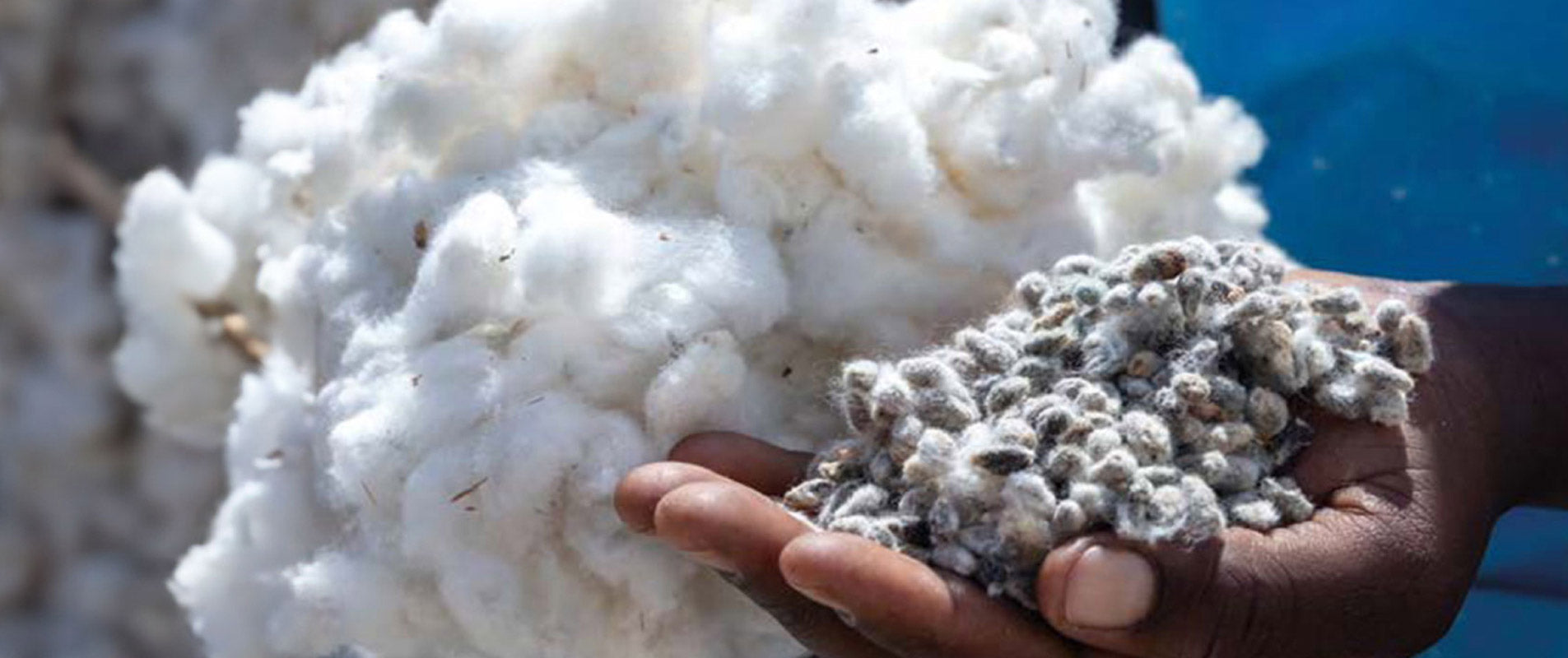QUALITY, ORIGIN, PRICE, IMPACT
SOURCING
We print our t-shirts on demand (individually, as soon as we receive your order) in our partner workshop located near Rennes in Brittany, France.
In order to meet our quality requirements, we have chosen as a support a premium and multi-certified t-shirt model manufactured by Stanley/Stella.
This Belgian partner guarantees us rigor, traceability, and environmental commitment. We explain our approach:
The choice of this partner was the result of careful consideration based on different aspects: quality, origin of raw materials, final price and the environmental impact of our products.
These criteria are difficult to reconcile. Because the ideal—that of manufacturing high-quality products in France, in small quantities, without polluting, while offering reasonable prices—is still a dream. Unfortunately.
Those who claim otherwise are not telling the whole truth. Because mass-producing French cotton from the other side of the planet (only 2% of global cotton production comes from Europe) is not automatically more eco-responsible than manufacturing in cotton-producing countries before importing finished products into France.
Many parameters are often ignored to the detriment of an objective analysis: the type of cotton, the treatment of materials, colors, the proximity of the various subcontractors, the transport methods... So much so that certain approaches claiming "made in France" at all costs reek of greenwashing , to the detriment of consumers who are often unaware of dubious marketing practices.
We have therefore opted for a model that is still imperfect, of course, but which seems to us to be the least bad at the moment. In our eyes, it represents the best balance between quality, price, and ecological impact. It also allows us to continue our creative activities with a relatively clear conscience and to enjoy ourselves, while offering you worthy quality and service.
In a context where the textile industry is facing increasingly pressing social and environmental challenges, we have chosen a partnership built on ethical, transparent and measurable foundations. The selection of the supplier Stanley/Stella is not simply a matter of a sourcing strategy and our print-on-demand model, but is part of an approach that we consider demanding, aimed at promoting sustainable, responsible and socially committed fashion. Even if everything is not perfect.
Furthermore, this choice allows us to offer items at prices that are accessible to everyone. And we love that.
In order to be completely transparent, we provide you with the information we have on our partner and its commitments.
A sustainable business from its inception
Founded in 2012 in Brussels, Stanley/Stella has positioned itself from the outset as a committed player in the transformation of the textile sector. Rejecting the logic of mass production at the expense of human and environmental conditions, the company has integrated all sustainability principles into its strategy since its inception. This structural consistency makes it a trusted partner.
Some key figures:
Year of creation ____________________ 2012
Headquarters location __________________ Brussels, Belgium
Partner production sites ___________ 9 in Bangladesh, 1 in China
Workers affected _________________ Approximately 57,000
Cotton type _______________________ 100% organic GOTS certified
Polyester __________________________ 100% recycled GRS certified
Bangladesh's choice: responsibility and demand
Stanley/Stella products are manufactured in Bangladesh based on carefully considered and controlled choices. The brand prioritizes rigorous selection of its manufacturing partners. They are supported over the long term to ensure strict compliance with social, wage, and workplace safety standards.
Furthermore, since organic cotton is overwhelmingly produced in Asia, the supply of raw materials does not constitute an expense.
additional energy.
Each factory undergoes regular audits, health and safety committees, and confidential reporting mechanisms. This monitoring ensures ethical, traceable production that meets our stated commitments.
Fair Wear Foundation membership: independent validation
Stanley/Stella has been a member of the Fair Wear Foundation (FWF) since 2012. This independent non-profit organization works to improve working conditions in the textile sector. It brings together brands, unions, and NGOs, and offers a regulatory framework structured around eight fundamental principles:
1. Freely chosen employment : prohibition of forced or coerced labor.
2. No discrimination in employment : equal opportunities regardless of gender, origin, religion, disability, etc.
3. No child labor : the minimum age for work must correspond to the end of compulsory schooling.
4. Freedom of association and the right to collective bargaining : Workers must be able to unionize and negotiate freely.
5. Payment of a living wage : Wages must cover the basic needs of workers and their families. This wage is often higher than the local legal minimum wage.
6. Reasonable working hours : respect for legal limits and rest periods.
7. Safe and healthy working conditions : obligation to ensure a safe working environment.
8. Legally recognized employment relationship : contracts must be clear, legal and respect workers' rights.
Stanley/Stella is among the highest-rated members of the FWF. In 2024, the company achieved Leader Brand status with a score of 72/100, demonstrating its genuine commitment and the implementation of concrete corrective actions in the event of non-compliance.
Certified and measured environmental traceability
To ensure consistency between stated intentions and measured results, Stanley/Stella conducts life cycle assessments (LCAs) on each of its products with the support of Green Story. These studies are based on primary data from 23 production sites.
Indicator _____________ S/S T-shirt _____________ Standard T-shirt
_______________________________________________________________
CO₂ emissions _________ 1.88 - 2.37 kg ____________ Approx. 6.75 kg
Water used ___________ 10 L - 20 L ______________ Approximately 2,000 L
Cotton type _________ GOTS certified organic _________ Conventional cotton (GMOs, pesticides)
Social conditions _____ Audited by the FWF ________ Often not certified
Traceability ____________ Total _________________ Partial or non-existent
A rigorous eco-certification policy
Stanley/Stella benefits from the main international certifications which attest to the social and environmental compliance of its production chain:
- GOTS (Global Organic Textile Standard) : for organic cotton grown without pesticides or GMOs, in compliance with social rights.
- GRS (Global Recycled Standard) : ensuring the traceability and integrity of recycled materials.
- OEKO-TEX Standard 100 : guaranteeing the absence of toxic substances in finished products.
- Fair Wear Foundation : monitoring social conditions and workers' rights in garment factories.
- PETA-Approved Vegan : certifying the total absence of animal materials.
These certifications are obtained following rigorous audits and give rise to documentary transparency accessible to the public.
A structured decarbonization plan
In 2024, Stanley/Stella unveiled a strategy to reduce its greenhouse gas emissions. The goal: a 30% reduction in relative CO₂ emissions by 2030 , per kilogram of product sold. This trajectory is based on:
- A systematic collection of primary data
- The use of renewable energy in logistics operations
- Reducing the use of air transport
- Packaging optimization
Reasonable management of water resources
Stanley/Stella's environmental policy includes a strong requirement for water management. All partner factories have
wastewater treatment plants (WTP) that comply with international standards. In addition, organic cotton cultivation helps reduce
significantly the use of blue water (pumped irrigation water), up to -91% according to Textile Exchange.
Exemplary documentary transparency
Since 2018, Stanley/Stella has published an annual sustainability report detailing all of its commitments, results, and areas for improvement. This document includes a full list of suppliers, raw material figures, environmental impacts, and more.
the results of the audits and the corrective measures taken.








